| 1. Miles Davis | Bitches Brew This album is probably the seminal album that broke my preconceived stereotypes about improvisation at the time. I can remember lying on the floor along with my best friend Tommy listening to this album and the Dave Brubeck Quartet's Time Out when we were both only 16. There was just so much information to glean from it. |
| 2. The Dave Brubeck Quartet | Time Out While most people were immediately drawn to the two mega-hits from this album, “Take Five” and “Blue Rondo a la Turk,” I found myself mesmerized by Brubeck’s “Strange Meadowlark” and “Three to Get Ready.” I think this album was responsible for many young musicians becoming comfortable with odd time signatures. I can remember playing an extended engagement at Chelsea Place in New York City back in the ’80s. The older pianists would comment about the difficulty playing in 5/4. |
| 3. Miles Davis | Kind of Blue How can someone listen to this album and not be drawn to it? The musicianship and taste employed are simply phenomenal. This is the album that literally introduced the modal style of jazz improvisation. |
| 4. Weather Report | Weather Report When I listened to their initial album, I was simply captivated. From the “Milky Way”—created with Wayne Shorter playing his muted saxophone over Zawinul's pedaled piano strings, causing them to vibrate and create those thick ethereal chords—to the distorted bass of Miroslav Vitous to Airto Moreira’s amazing percussion, this album offered an “other-worldly” musical landscape I had never heard. |
| 5. Mahavishnu Orchestra | Inner Mounting Flame The musicianship and power, coupled with the amazing interplay of contrapuntal voicings and odd time signatures, simply floored me and my fellow bandmates when this album came out. We went to see this group perform well over a dozen times, including a more than 300-mile trip from Long Island to Buffalo, New York, just to see them perform alongside Frank Zappa’s “super group.” |
| 6. Joe Farrell | Moon Germs This album helped preserve my sanity as I travelled from state to state as a member of my first road group, a typical hotel lobby band that performed throughout the US. I’d play this album on my car’s 8-track or the LP in the hotel room. “Great Gorge” was a springboard of improvisation for Joe, Herbie Hancock, Jack DeJohnette, and a young Stanley Clarke. |
| 7. Frank Zappa | Hot Rats I was 16 when this album debuted, and a friend of mine said I had to come over to his house and hear it. It was one of the first 16-track recorded albums. Between the sonic purity and Zappa’s compositions, orchestration, and use of novel items to produce tones, I immediately became a fan. |
| 8. Herbie Hancock | Head Hunters I remember ordering this album from a local music shop while playing an extended gig in Daytona Beach, Florida. When it arrived, the guitarist and I drove back to where we were staying and put it on our portable stereo. At first, disappointed by the repetition, I lifted the needle and placed further down the cut. When it finally landed on Herbie’s electric piano solo, we both turned to each other and smiled. After that, we listened from beginning to end and were totally captivated. That repetition has probably become the most played song of Herbie’s by most every local garage and bar band. |
| 9. Chick Corea & Return to Forever | Light as a Feather This album and the next one, Hymn of the Seventh Galaxy, are the only two Return to Forever albums I actually like. This one, in particular, had some of my favorite musicians at the time: Joe Farrell, Chick, Airto, and his wife, Flora Purim, as well as Stanley Clarke. Joe’s masterful flute playing and Chick’s aggressive soloing stood out for me. |
| 10. Antonio Carlos Jobim | The Composer of "Desafinado," Plays I was very lucky to be exposed to Tom Jobim at an early age. My aunt worked as personal secretary to Claus Ogerman, and she would bring my family the Jobim LPs, along with Stan Getz and others, that were meant for DJ distribution at the time. I loved and played the many songs on those records only to learn later that there were literally hundreds more that were equally captivating and well known in his native Brazil. I don’t think there’s a musician who wouldn’t acknowledge his contribution to both the American songbook and music at large. |
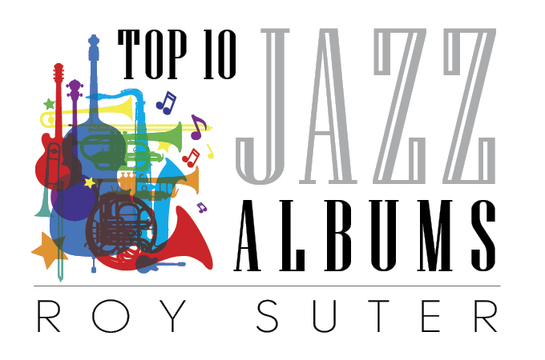
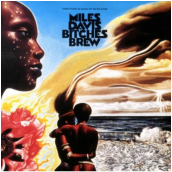
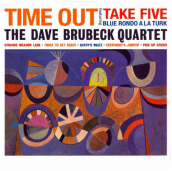
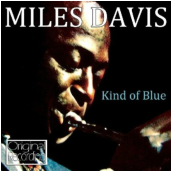
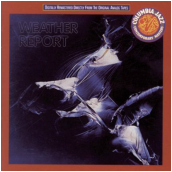
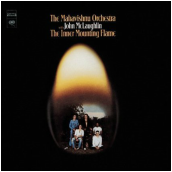
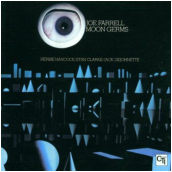
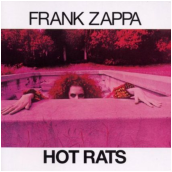
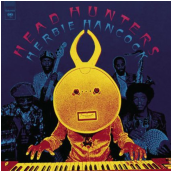
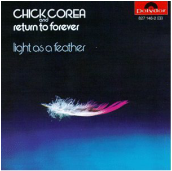
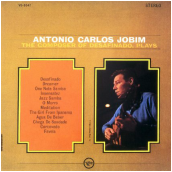

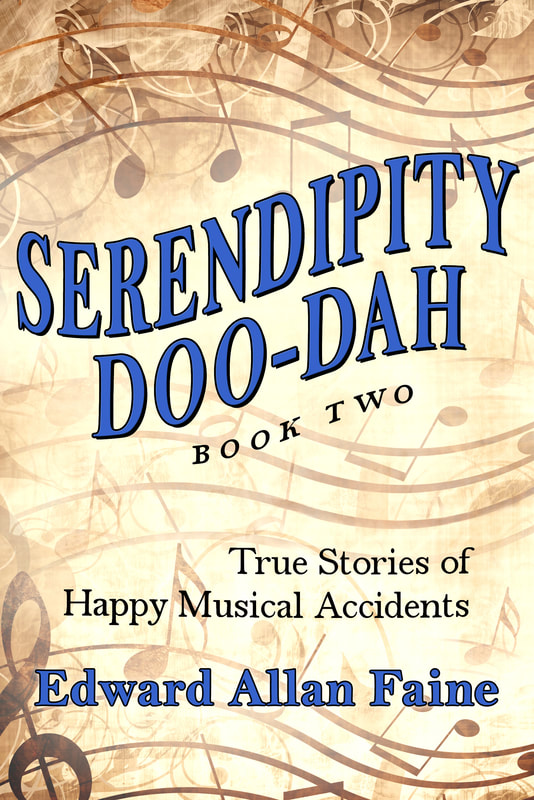
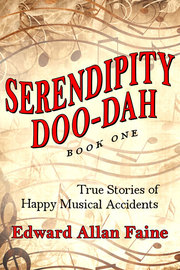
 RSS Feed
RSS Feed